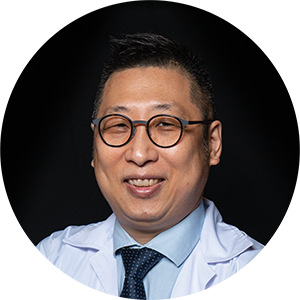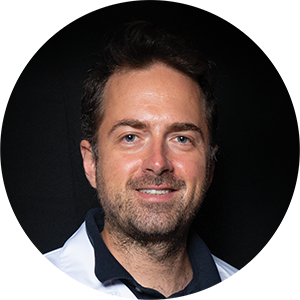Research Focus
The Nanyang Biologics-NTU Joint Laboratory for Drug Discovery and Therapeutics focusses on 4 key areas of research to develop preventive, adjuvant and therapeutic options for cancers, metabolic and neurodegenerative diseases to bring profound healthcare benefits to Singapore and the world’s ageing population.

Prof Koh Cheng Gee
“Nature has provided us with rich resources that can be harnessed for the development of future therapeutics. The challenge is to translate the bioactive compounds in the herbal extracts into drug candidates. Given the complexity of plant extracts, it would be exciting to explore the therapeutic synergy between the key natural compounds in the mix.”
Key Research Areas
![]()
Historically, natural compounds have contributed much to drug discovery, particularly in cancer and infectious diseases. The processes of screening, isolation and optimization of natural compounds are long and challenging. Many of the medicinal plants used in our research are not well characterised. Neither is there any standardisation to ascertain the quality of different batches of plants. Our team of organic chemists will first work to provide thorough chemical fingerprints for all the plants used. They will also design and improve the structures of the natural compounds of interest to make them more drug-like.

Prof Shunsuke Chiba
“As a synthetic organic chemist, I am delighted that this research collaboration allows me and my team to discover and develop molecular transformation for the diverse natural metabolites available in medicinal plants.”
![]()
In vitro and in vivo analysis and validations
We will apply suitable purification methods to purify the compounds shortlisted by the AI algorithm based on their chemical properties from the raw tropical plants/herbs. The isolated compounds will be subjected to in vitro and in vivo validations as summarised below. Lead compounds can be chemically modified based on their chemical properties to increase efficacies. Chemically modified derivatives will be subjected for further in vitro and in vivo analysis and validations.
Gut microbiome and immunity
We will determine how lead compounds and their derivatives might affect the composition of gut microbiome and immunity using appropriate animal models.
Mechanistic studies
We will carry out biochemical and cell biology experiments to determine the underlying molecular and cellular mechanisms of action for the tropical plant/herb extracts, lead compounds and their derivates.
Prof Li Hoi Yeung
“We are very excited about this venture with Nanyang Biologics. The multi-disciplinary approach taken by our laboratory will form the basis of our journey for the discovery of natural compounds as future therapeutics to target cancer, metabolic and neurodegenerative diseases.”
![]()
Machine learning (ML) and data mining will be applied to build an Artificial Intelligence (AI) algorithm based on existing drug/chemical databases for the treatment of different diseases. After chemical fingerprinting of the tropical plants/herbs, we will perform in-silico screening to identify potential lead compounds using our proprietary AI algorithm. The AI/ML approach will also allow us to build a pharmacopoeia for precision medicine tailored to different patients.
Prof Adams Kong
“I am excited at expanding research efforts in AI and Machine Learning into drug discovery. A vast quantity of data is available for natural compounds, using AI algorithms we can screen for drug-like molecules at scale, which is not feasible for traditional screening approaches.”
![]()
We will carry out genomic analysis to identify tropical plants/herbs as part of the standardisation process. Genomic studies of the tropical plants provide an insight into the biosynthetic pathways of lead compounds, which can be applied for future high-yield production of lead compounds using synthetic biology. Metagenomic analysis of soil microbiome can help to identify beneficial microbes for herb cultivation.

Prof Marek Mutwil
“My laboratory has been using systems biology approaches to elucidate gene functions in plants. This research collaboration allows us to explore the tropical and medicinal plants in our region through gene mining and engineering.”

